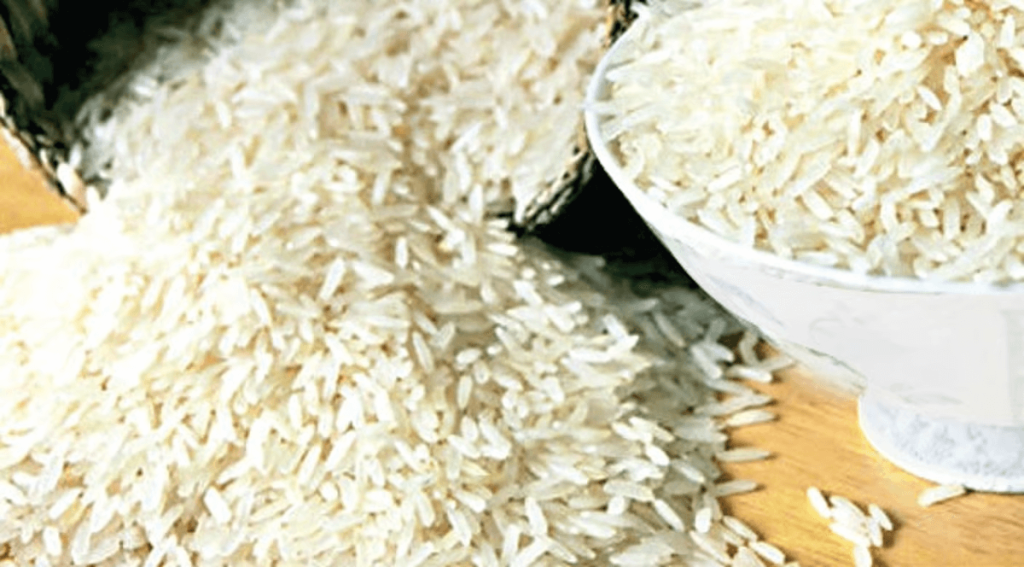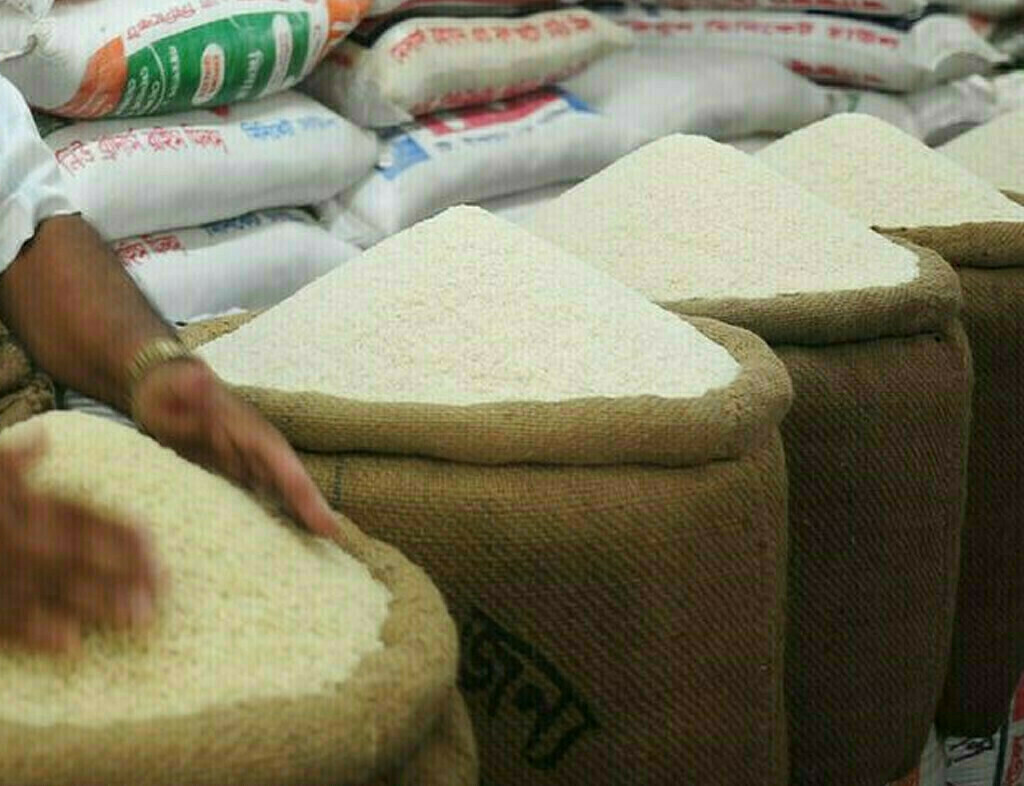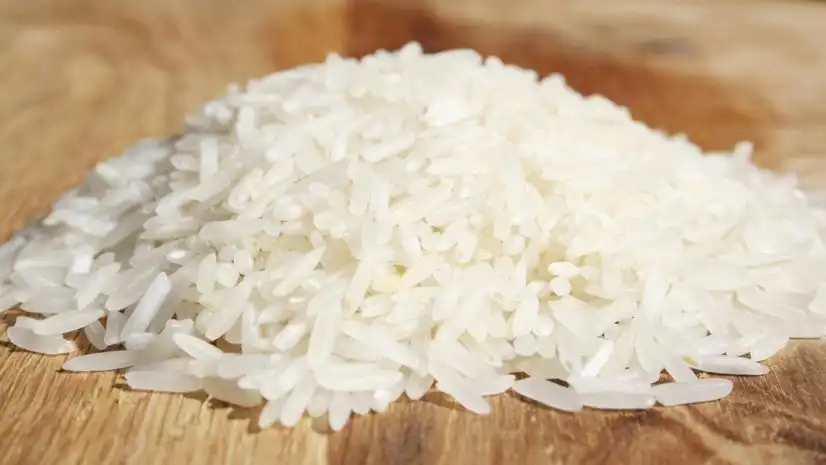Tags
New ICAR basmati rice varieties draw criticism from environmentalists
The two are improved versions of the existing varieties Pusa Basmati 1121 and Pusa Basmati 1509.

Basmati riceFile photo
Jitendra Choubey
NEW DELHI: India’s premier research body, the Indian Council of Agriculture Research (ICAR), has commercially launched two herbicide-tolerant (Ht) aromatic rice (basmati) varieties to conserve water, reduce greenhouse gases such as methane and increase rice productivity. However, a group of scientists questioned the ICAR claim and termed it “over-exaggeration,” saying it would impact the country’s rice biodiversity.
The two varieties – Pusa Basmati 1979 and Pusa Basmati 1985 — are non-genetically modified (non-GM) and have been under experiment for three years. The two are improved versions of the existing varieties Pusa Basmati 1121 and Pusa Basmati 1509.
The new varieties will allow the direct application of herbicides such as Imazethapyr which eradicate some potent weeds as these varieties contain a mutated ALS gene.
“These two varieties are a replacement of two popular varieties and also non-GM,” said Dr Rabindra Padaria, joint director (extension). He said that these new varieties are only Ht but non-GM.
“It is not controversial like GM mustard and brinjal and will promote Directly Seeded Rice (DSR) that skips the transplantation process, which is water-intensive,” he said.
The apex court has put brakes on the environmental release of GM mustard and the government has already put a moratorium on GM brinjal due to its ill-effects.
In the current process, farmers plant seeds and develop them into saplings which are further transplanted into main fields. However, a former scientist who closely followed the experimenting process of the new varieties disagrees with the ICAR claim.
“There is no need of such technology to help DSR as it can be easily managed using climatic factors by preponement of date of sowing between 15 May to 10 June,” said Dr.Virender Singh Lather-Karnal, former Principal Scientist ICAR-IARI New Delhi.
“Weeds problems appear when humidity is high which generally increase after June 10 as monsoon starts approaches,” he added.
He further explains that new varieties will allow the direct application of herbicides such as Imazethapyr, which eradicate only specific type of weeds.
For others, farmers again need another set of herbicides spray which will push cultivation cost high. Also, other experts say Ht rice will also not favour the genetic diversity of Indian rice.
https://www.newindianexpress.com/nation/2024/May/22/new-icmr-basmati-rice-varieties-draw-criticism-from-environmentalistsPublished Date: May 22, 2024






